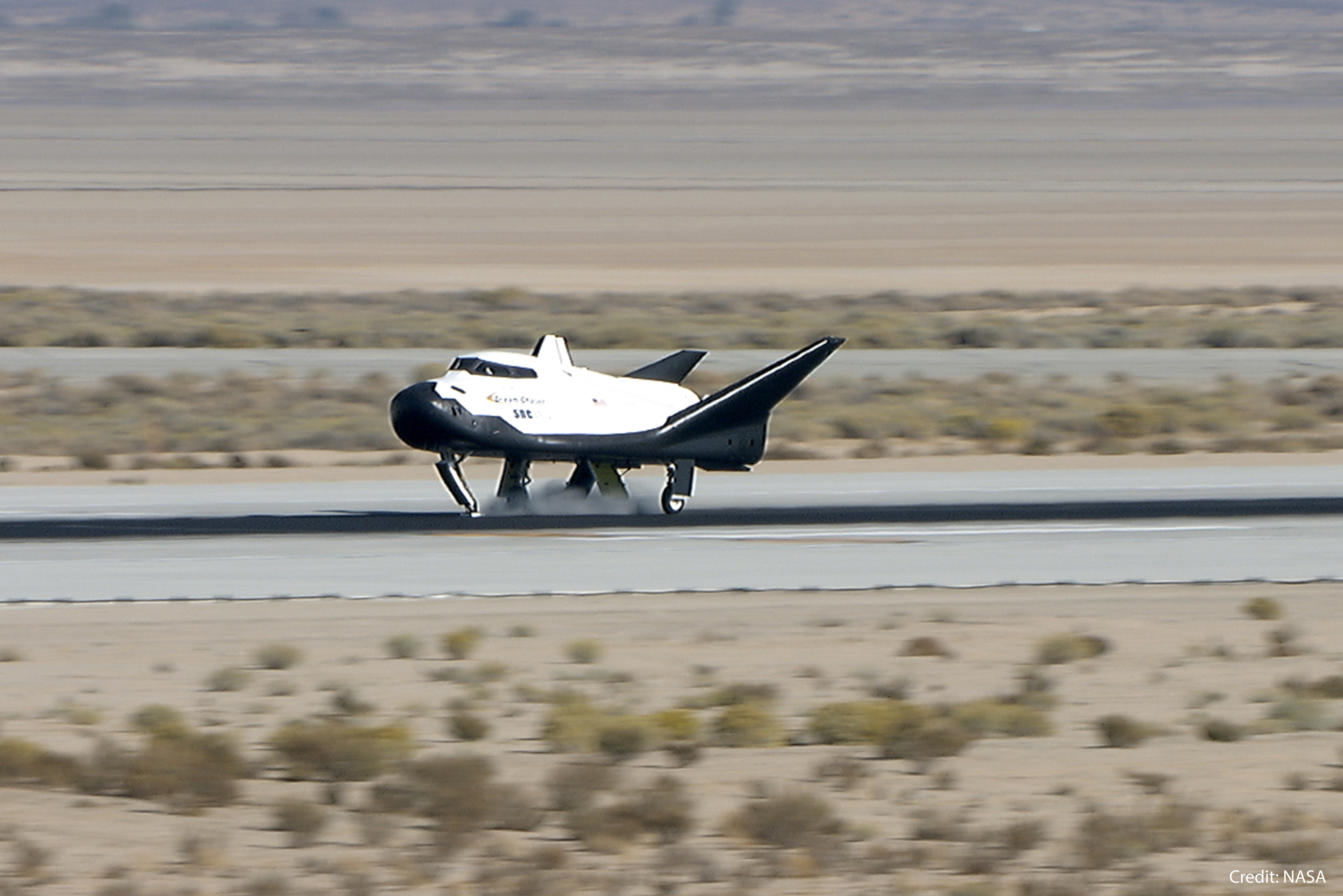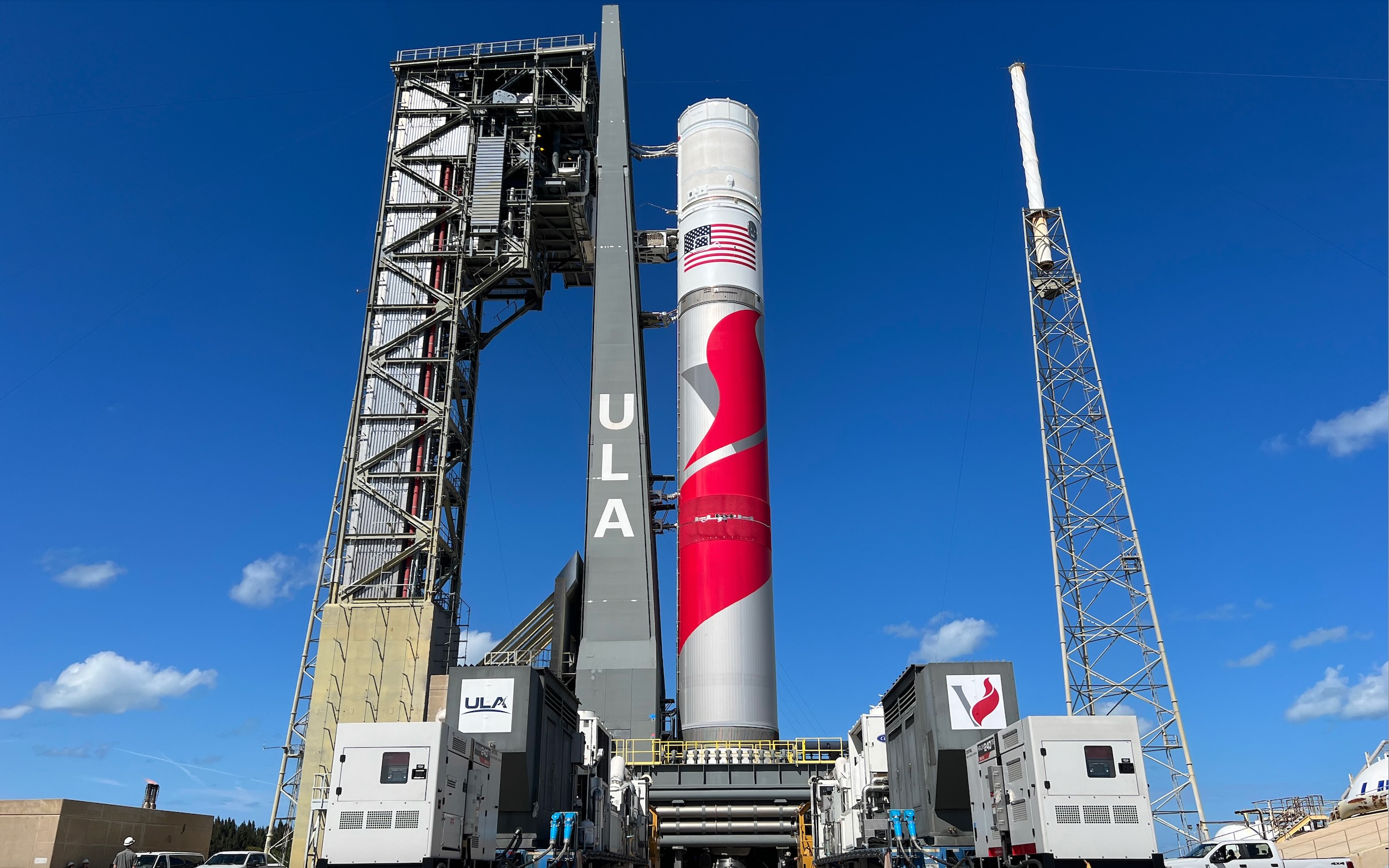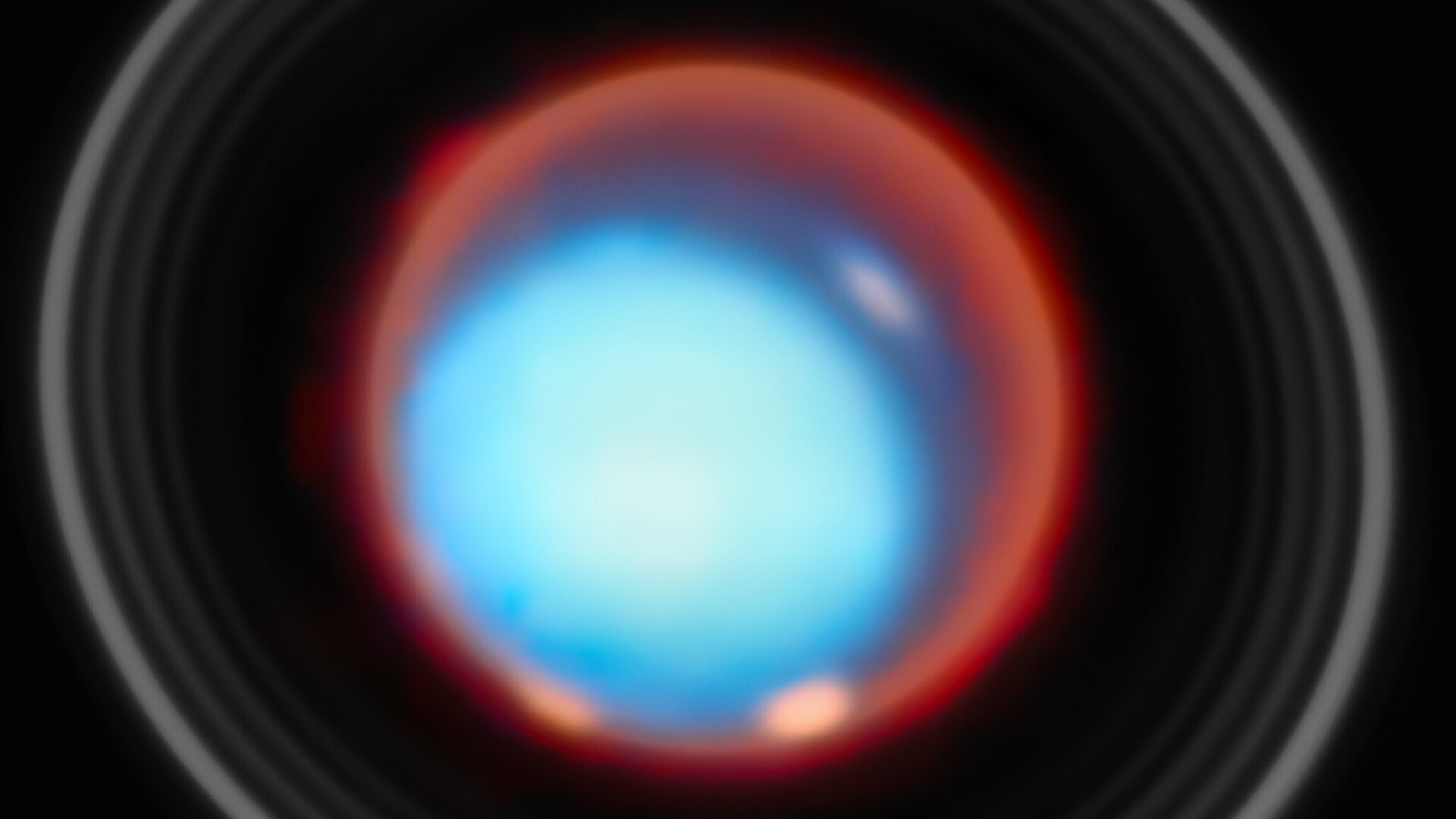Private Dream Chaser space plane's 1st launch slips to December: report
The vehicle is delayed, and its rocket ride just suffered an anomaly in its upper stage during testing.

Breaking space news, the latest updates on rocket launches, skywatching events and more!
You are now subscribed
Your newsletter sign-up was successful
Want to add more newsletters?

Delivered daily
Daily Newsletter
Breaking space news, the latest updates on rocket launches, skywatching events and more!

Once a month
Watch This Space
Sign up to our monthly entertainment newsletter to keep up with all our coverage of the latest sci-fi and space movies, tv shows, games and books.

Once a week
Night Sky This Week
Discover this week's must-see night sky events, moon phases, and stunning astrophotos. Sign up for our skywatching newsletter and explore the universe with us!

Twice a month
Strange New Words
Space.com's Sci-Fi Reader's Club. Read a sci-fi short story every month and join a virtual community of fellow science fiction fans!
One of NASA's commercial cargo spacecraft will delay its first launch by nearly half a year, a media report states.
Sierra Space's Dream Chaser will see its first mission to the International Space Station no earlier than December, a five-month delay from August, according to Ars Technica.
The shuttle-shaped Dream Chaser's ride to space will be a new booster from United Launch Alliance called Vulcan, and it is designed to touch down on a conventional runway at the end of each mission. Sierra Space confirmed in the report it plans to launch in the fourth quarter of this year, but provided no details on the delay besides that.
"We will remain flexible as long as we can for Sierra Space to be ready to fly," a ULA spokesperson told Ars Technica on March 24, adding that the certification mission on which the spacecraft is supposed to fly could go instead using a "mass simulator."
Related: Dream Chaser space plane aims to deliver US military cargo within 3 hours
Vulcan, however, is also facing development issues of its own ahead of flying the two certification missions. Before Dream Chaser, it is supposed to fly Astrobotic's lunar lander on a "Cert. 1" mission in May. But an anomaly during testing on Vulcan's upper stage has just happened, too.
Tony Bruno, CEO of United Launch Alliance, said on Twitter yesterday (March 30) that the Centaur V upper stage suffered an anomaly during qualification testing the day before, and responded to several questions in a Twitter thread.
Breaking space news, the latest updates on rocket launches, skywatching events and more!
No one was hurt in the testing at NASA's Marshall Space Flight Center, Bruno said, and described the work as "extreme structural load testing of various worst possible conditions." He added the company is not prepared yet to speculate on what happened on the first day of an investigation. When asked about whether it would affect launch dates, he only said that all other preparation activities are still proceeding.
"This is is why we thoroughly & rigorously exercise every possible condition on the ground before flight. Investigation is underway. Vulcan will fly when complete," he emphasized.
ULA wants to fly the two certification missions ahead of operational missions, particularly for the U.S. military, which demands a high standard of flight reliability for its security payloads.
In the meantime, the situation will leave NASA with a single operational rocket type that supplies cargo vehicles: The SpaceX Falcon 9. That rocket sends SpaceX's Dragon spacecraft and soon, Northrop Grumman Cygnus spacecraft to orbit as well. (Russian Progress spacecraft also supply the ISS, but mostly for Russian crew needs or to deliver fuel; NASA uses its commercial cargo for the U.S. segment's experiments, equipment and supplies.)
Cygnus used to fly on the Antares 230 rocket, but that arrangement is no longer possible. Antares used Russian engines, and those engines are no longer available after Russia sparked an internationally condemned war in Ukraine in February 2022 that broke apart most space relationships with the country, aside from the ISS.
Around 2025 or so, Cygnus will switch to Antares 330 using Firefly Aerospace-made engines instead of Russian ones, pending the rocket being ready for flight.
Elizabeth Howell is the co-author of "Why Am I Taller?" (ECW Press, 2022; with Canadian astronaut Dave Williams), a book about space medicine. Follow her on Twitter @howellspace. Follow us on Twitter @Spacedotcom or Facebook.

Elizabeth Howell (she/her), Ph.D., was a staff writer in the spaceflight channel between 2022 and 2024 specializing in Canadian space news. She was contributing writer for Space.com for 10 years from 2012 to 2024. Elizabeth's reporting includes multiple exclusives with the White House, leading world coverage about a lost-and-found space tomato on the International Space Station, witnessing five human spaceflight launches on two continents, flying parabolic, working inside a spacesuit, and participating in a simulated Mars mission. Her latest book, "Why Am I Taller?" (ECW Press, 2022) is co-written with astronaut Dave Williams.

